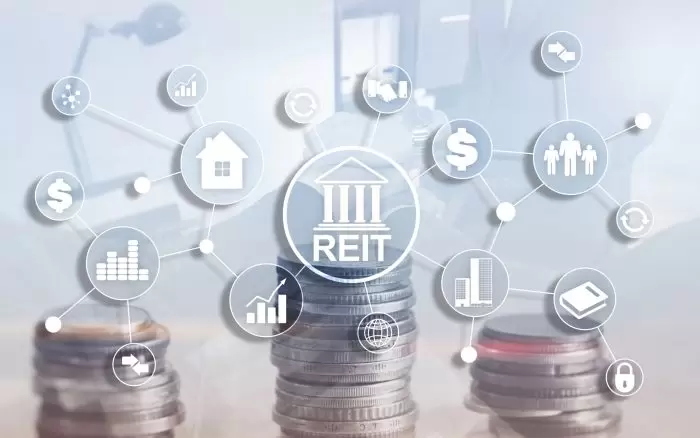In recent years, the real estate industry has experienced a significant transformation, thanks to the rapid advancements in technology. From virtual reality tours to blockchain-based transactions, the integration of technology has reshaped the way we buy, sell, and interact with properties. This article explores the cutting-edge innovations that are revolutionizing the real estate market and their potential impact on industry stakeholders.
Virtual Reality: Opening New Doors
One of the most prominent tech innovations in the real estate sector is virtual reality (VR). This immersive technology allows potential buyers to explore properties remotely, saving time and resources. With a VR headset, prospective buyers can take virtual tours, examine every nook and cranny of a house, and even visualize interior design changes. This technology has proven especially beneficial during the COVID-19 pandemic, as it facilitated property viewings while ensuring the safety of both buyers and sellers.
Artificial Intelligence: Enhancing Efficiency
Artificial intelligence (AI) is also playing a significant role in reshaping the real estate market. AI-powered chatbots are now used by real estate agencies to provide quick responses to customer inquiries and help schedule property viewings. Moreover, AI algorithms analyze large volumes of data to generate accurate property valuations and predictions of market trends. This technology empowers real estate professionals to make informed decisions and improves the efficiency of their operations.
Blockchain: Secure and Transparent Transactions
Blockchain technology, famous for its association with cryptocurrencies, has the potential to transform the way real estate transactions are conducted. Its decentralized nature ensures transparency and security in property deals, reducing the need for intermediaries and minimizing the risk of fraud. Smart contracts, self-executing contracts based on blockchain, can automate and streamline various aspects of real estate transactions, such as verifying titles, transferring ownership, and managing escrow. By removing unnecessary complexities, blockchain technology has the potential to make real estate transactions faster, more secure, and cost-effective.
Big Data: Uncovering Valuable Insights
The abundance of data available today has given rise to the era of big data analytics in real estate. Sophisticated algorithms analyze vast amounts of information, including property listings, historical sales data, demographics, and market trends. This analysis helps identify investment opportunities, predict property value fluctuations, and guide strategic decision-making. Real estate professionals can leverage these insights to identify emerging market trends, tailor their marketing strategies, and optimize their investment portfolios.
Ethical Considerations and Future Challenges
While technology brings numerous benefits to the real estate industry, ethical considerations and challenges must not be overlooked. Privacy concerns, data security, and the potential for algorithmic bias require constant attention. Additionally, ensuring equitable access to technology across all demographics is crucial to avoid exacerbating existing inequalities.
As the real estate industry embraces technology, it is essential for stakeholders to strike a balance between harnessing innovation and upholding ethical standards. Continued collaboration between technology developers, real estate professionals, and policymakers will be crucial in navigating the challenges and maximizing the benefits of these tech innovations.
In conclusion, the future of real estate is undeniably intertwined with technology. Virtual reality, artificial intelligence, blockchain, and big data analytics are revolutionizing the industry, providing new possibilities and transforming the way properties are bought, sold, and managed. By embracing these innovations responsibly, the real estate market can become more efficient, transparent, and accessible to all.











